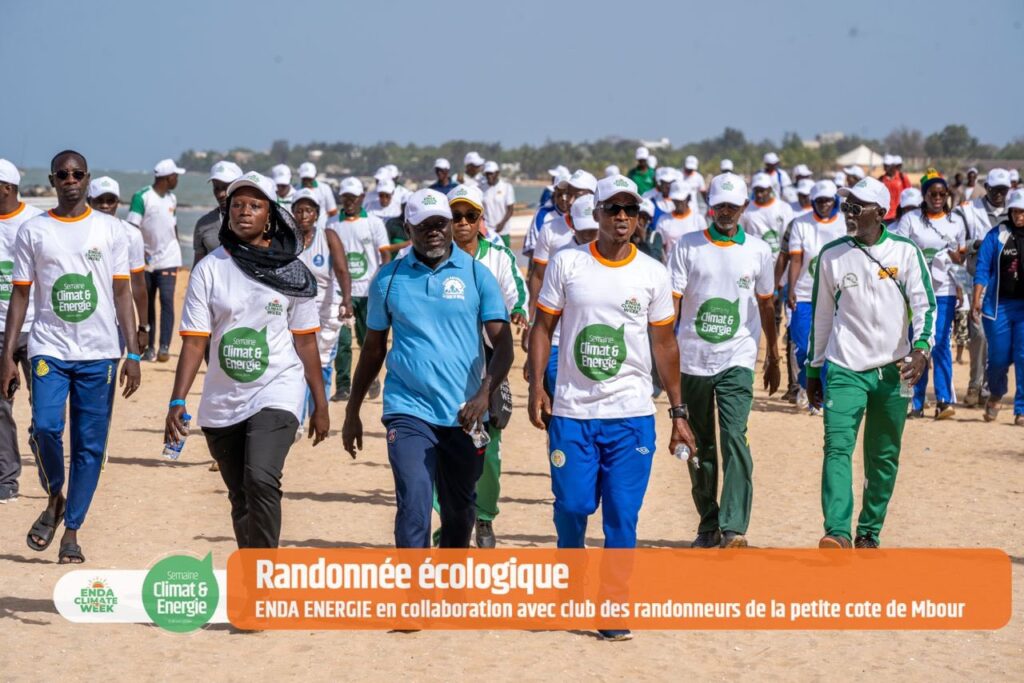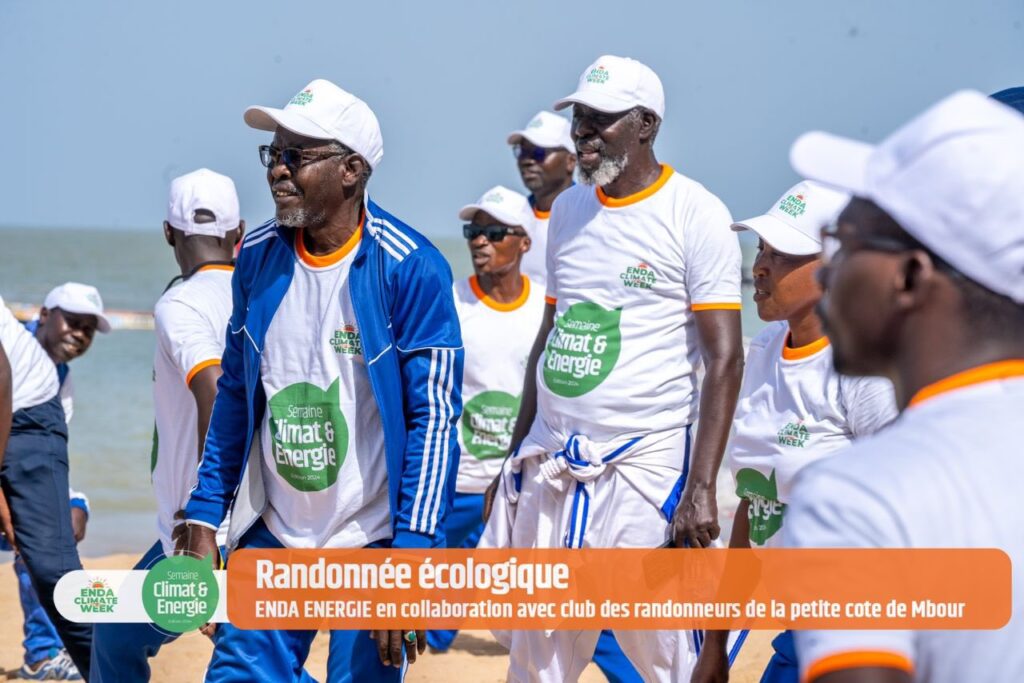African Activists for Climate Justice
The third edition of the Climate Week, organized by ENDA ENERGIE with the support of the African Activists for Climate Justice (AACJ) program, commenced on Monday, July 1, 2024, in Saly, Senegal. This event, which ran until Saturday, July 6, was themed “Local Actions for Carbon Sobriety and Climate Resilience.” The edition aimed to promote a just and sustainable transition by providing a platform for exchange and sharing of experiences focused on consolidating efforts for inclusive and coordinated climate action.
The COP28 climate negotiations in Dubai highlighted the importance of a just transition to combat global warming. These negotiations urged countries to adapt their national strategies according to their specific contexts to effectively meet the objectives of the Paris Agreement. ENDA ENERGIE, along with its partners such as OXFAM and NATURAL JUSTICE, organized this week to encourage non-state actors (NSAs) to support countries in implementing equitable, inclusive carbon sobriety policies.
The main objectives of the Climate and Energy Week were to share information and knowledge on the achievements of non-state actors, assess the state of climate negotiations, and develop a common roadmap towards COP29.

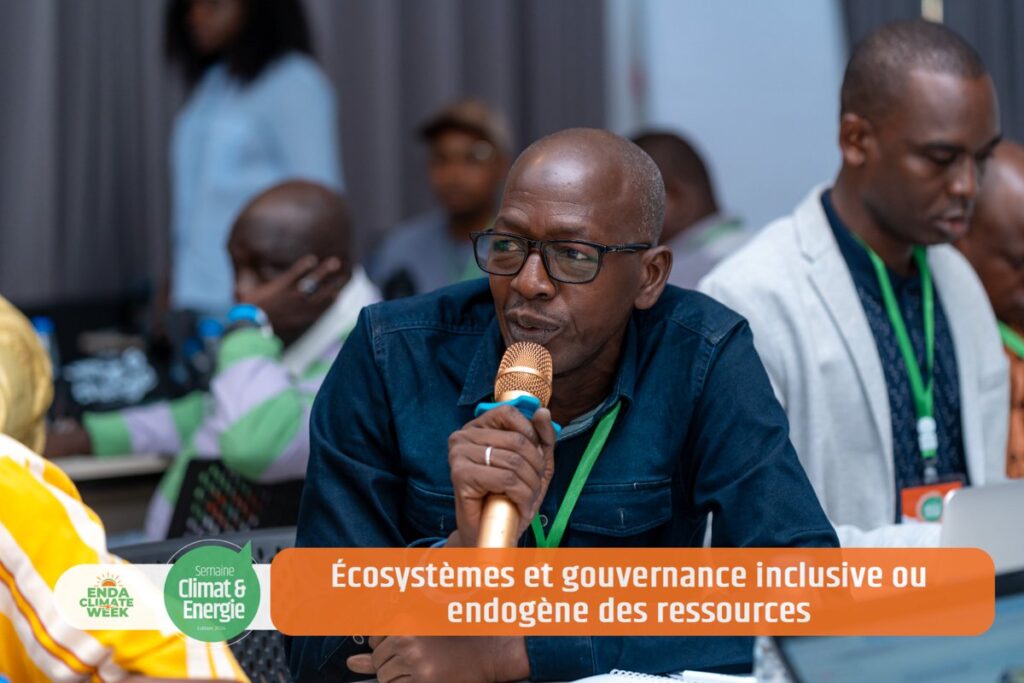
The first day highlighted the role of Local Governments (LGs) in managing natural resources, urban planning, and implementing environmental policies. However, these local governments face several constraints such as limited financial capacities, incomplete decentralization, and difficult access to international funding. The session discussed the feasibility and modalities of establishing a national climate finance mechanism to support local resilience.
A panel featuring Aliou Diouck, Mamadou Ndiaye, and Simon Sambou discussed the potential for a national climate finance mechanism with an optimal governance framework for local governments. They emphasized the importance of establishing appropriate financial mechanisms to support local mitigation and adaptation strategies. The discussions underscored the necessity of an effective governance framework to manage these funds and ensure their optimal use to enhance local resilience.
Another panel with David Diatta and Benjamin Djeukoua explored why local governments have not yet positioned themselves in the carbon market, despite the opportunities offered by local ecosystems. They discussed the obstacles to integrating local governments into this market and potential solutions to overcome these challenges.
Presentations on the experiences of Social Pacts in the southern region were given by Pierre Thiaw. These social pacts, established at the municipal level, aim to mobilize local dynamics around Communal Development Plans (CDPs) to stimulate and support local government projections, with a particular focus on specific commitments to achieve the Sustainable Development Goals (SDGs).
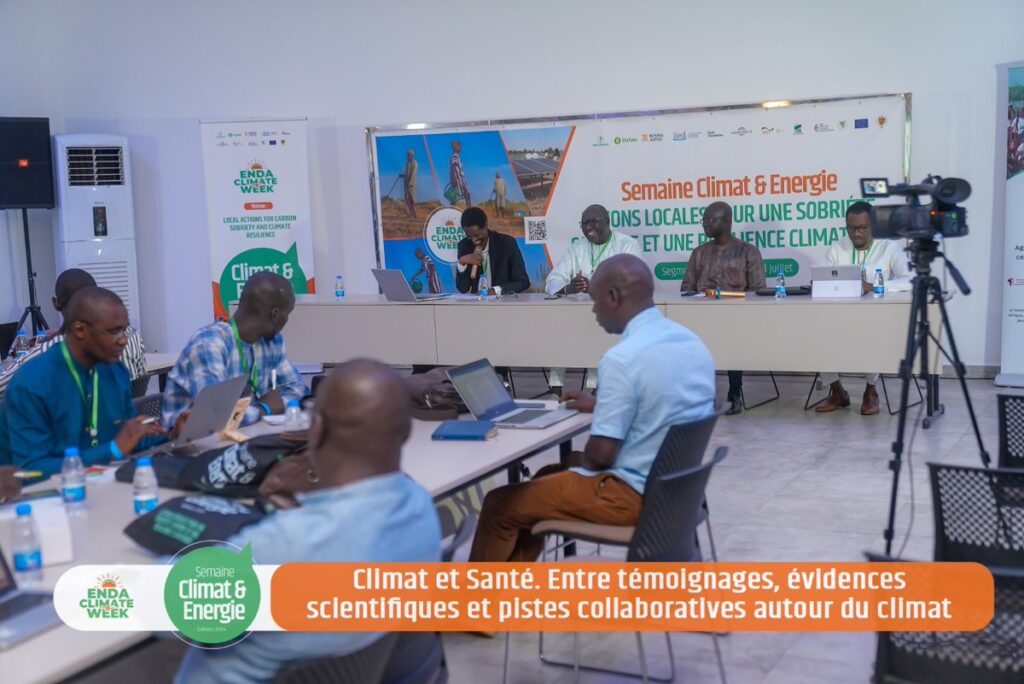
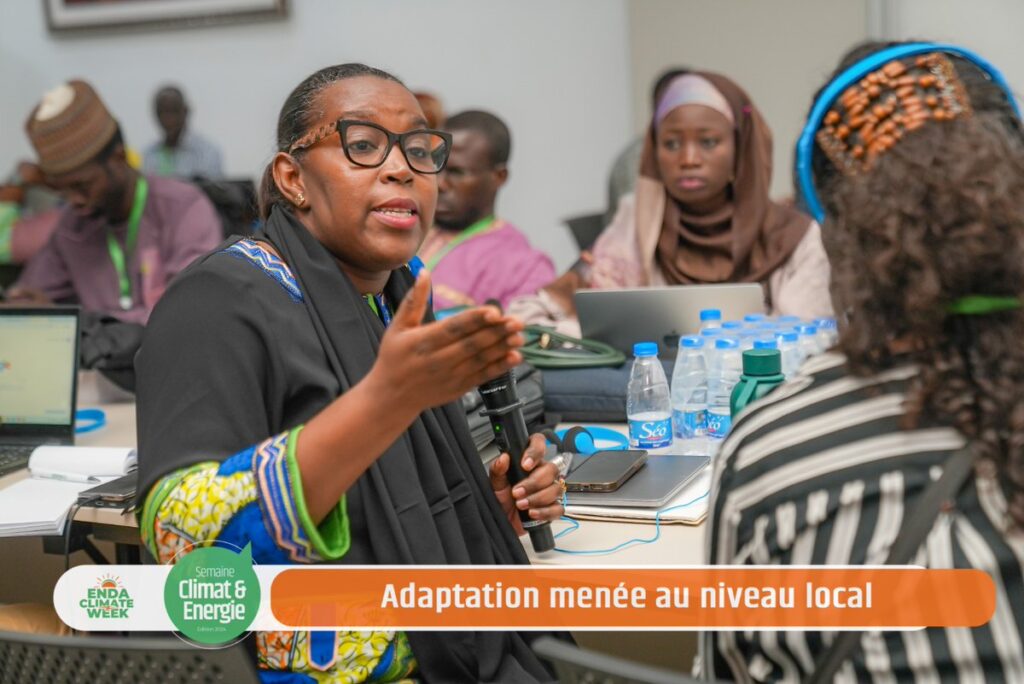
Representatives from the regions of Kolda and the Petite-Côte shared their testimonies, enriching the discussions with examples of implementing social pacts and sustainable development strategies. Participants discussed the successes and challenges encountered, highlighting the need for continuous collaboration and support to achieve significant progress.
Sécou SARR, Executive Secretary of ENDA TIER-MONDE, advised, “Strengthening the technical and institutional capacities of local governments is essential for them to better access and manage climate finance.” This sentiment resonated throughout the discussions, underscoring the importance of local empowerment in the fight against climate change.
The Climate Week concluded with a hike organized in collaboration with the hiking club of the Petite Côte, wrapping up a week rich in climate and energy events. Emmanuel Seck emphasized, “Parties need to step up their actions and support. The climate crisis is a global problem that requires a cooperative response.” He highlighted the vital role of solidarity in addressing climate challenges and the importance of mobilizing both local and regional actors to co-create sustainable solutions tailored to community needs and develop a political influence strategy for COP29.
Sécou SARR added, “Senegalese society, like other southern countries, suffers from the effects of climate change due to their high vulnerability. We must act faster and now, hence the need to build new trajectories that consider both urgent and future needs.”
The weekly discussions and experience sharing aimed to strengthen local capacities and encourage a transition towards more carbon-sober and resilient societies.
